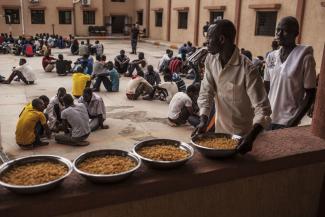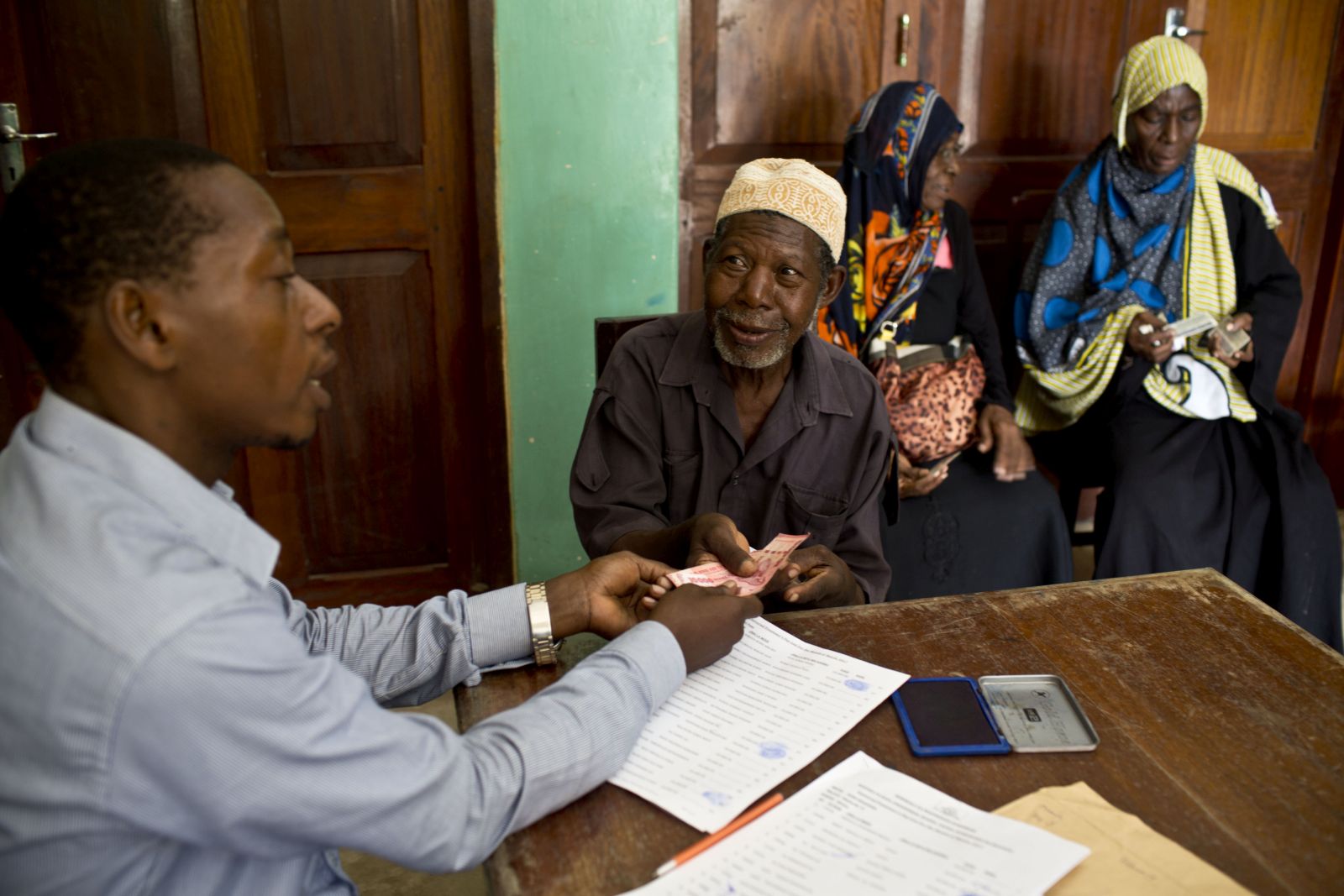European migration policy
Risks and side-effects

The disagreement within the EU over asylum and migration policy is deeper and wider than in any other policy area. Real or feared immigration shapes the political agenda in member states. The only consensus that currently exists in the EU is the desire to limit the flows of refugees. The EU is trying to staunch those flows as close to their source as possible. And it is prepared to cooperate with questionable partners in the process. That strategy may work in the short term but the medium and long-term impacts could deepen the root causes of migration.
The EU’s deal with Turkey in 2016 marked a major turning point in refugee-flow control. Since the accord has been in place, the numbers of migrants arriving in Greece through Turkey have dropped. The EU-Turkey agreement is part of a strategy to halt migratory movements in countries of origin or transit. The EU has already established “migration partnerships” with a number of countries in Africa. Its aim in doing so is to reduce the causes of migration, ensure that refugees can stay near their country of origin and facilitate the return of illegal immigrants and rejected asylum seekers.
The EU uses a range of instruments for this purpose. They include, for example:
- financial assistance to help strengthen border security and combat human trafficking,
- trade benefits and development cooperation and
- readmission treaties.
Funding for these measures is available from the EU Trust Fund for Africa launched in 2015. The main beneficiaries are the Sahel and Lake Chad region, the Horn of Africa and North Africa. The EU also cooperates with countries such as Egypt, Libya and Sudan, where massive human-rights violations are a daily occurrence. While refugees in Egypt cannot count on receiving humane and lawful treatment, migrants intercepted in Libya are potentially exposed to abuse and forced labour. Under internal political pressure and in light of the growing strength of nationalist parties in nearly all member states as well as in the European Parliament, the EU has ceased to apply good governance as a criterion for cooperating with African partners; it looks only for effectiveness in containing migration. The EU thus also supports regimes that do not attach much importance to national development and are more likely to aggravate the causes of migration rather than reduce them.
By equipping border guards – and thus parts of the police and armed services – of “failed states” like Libya, Sudan or Somalia, the EU not only makes itself a party to internal armed conflicts; it also risks weapons falling into the hands of terrorists. The renewed outbreak of fighting between rival forces in Libya in March 2019 showed how shaky such partnerships are. Cooperation with failed states is not just a matter of human rights; it can also present an indirect risk to European security.
Creating a cross-sectoral fund to promote Africa’s economic and social development was a good move and one that is long overdue. But the fund can only achieve sustainable impacts if it works exclusively with development-oriented partner governments. In countries where that requirement is not met, it should support only civil-society projects, not government ones.
However, the € 4.5 billion Trust Fund can only be a first step. Significantly more money is needed to help bring about a long-term improvement in living conditions in Europe’s neighbouring continent. And no one should expect the support programmes to stem the tide of migrants heading for Europe in the near or medium term. Research findings show that, initially, migration attempts actually increase with economic growth. In the long term, however, as employment and income opportunities are created for broad sections of the population, people seek a future in their own home country.
Nassir Djafari is an economist and freelance writer.
nassir.djafari@gmx.de













